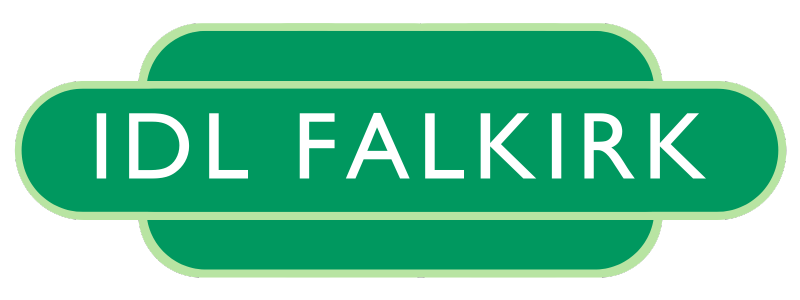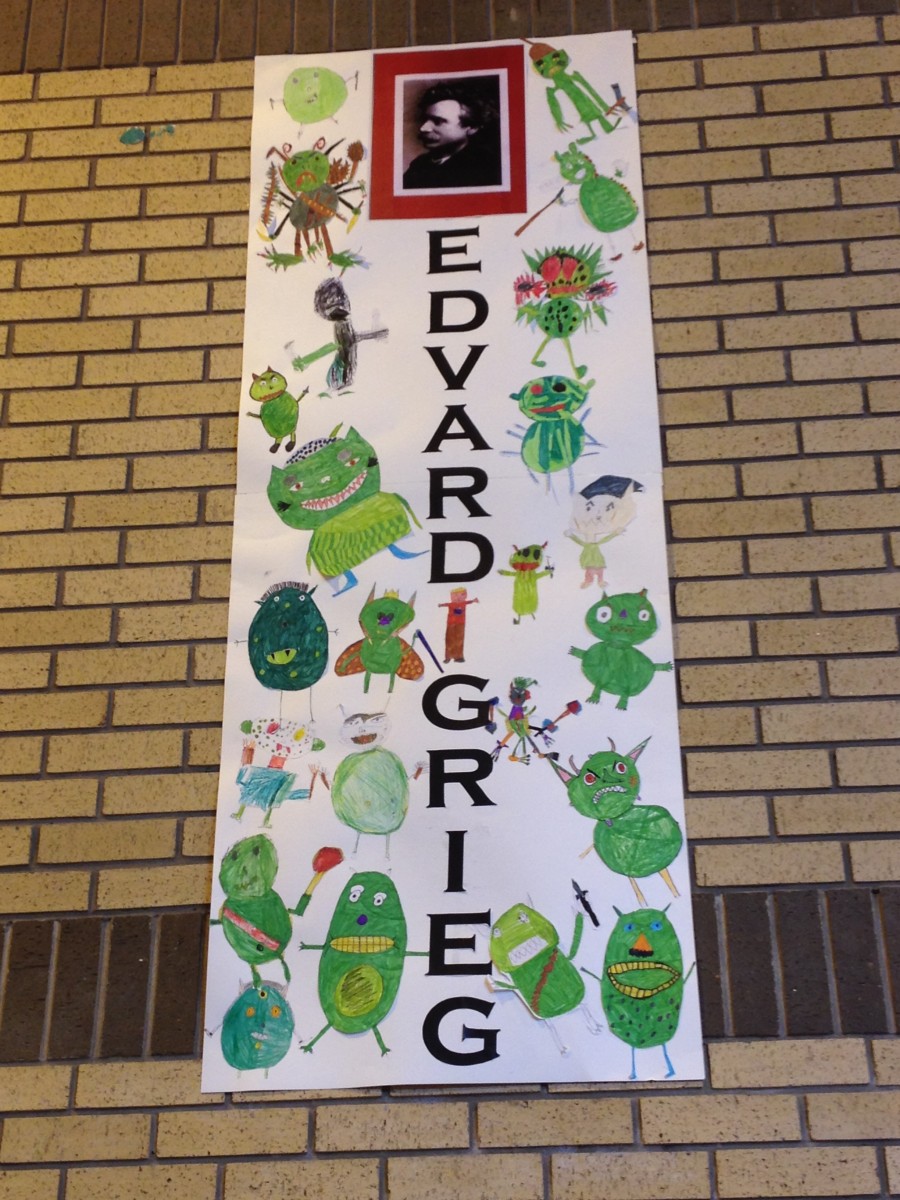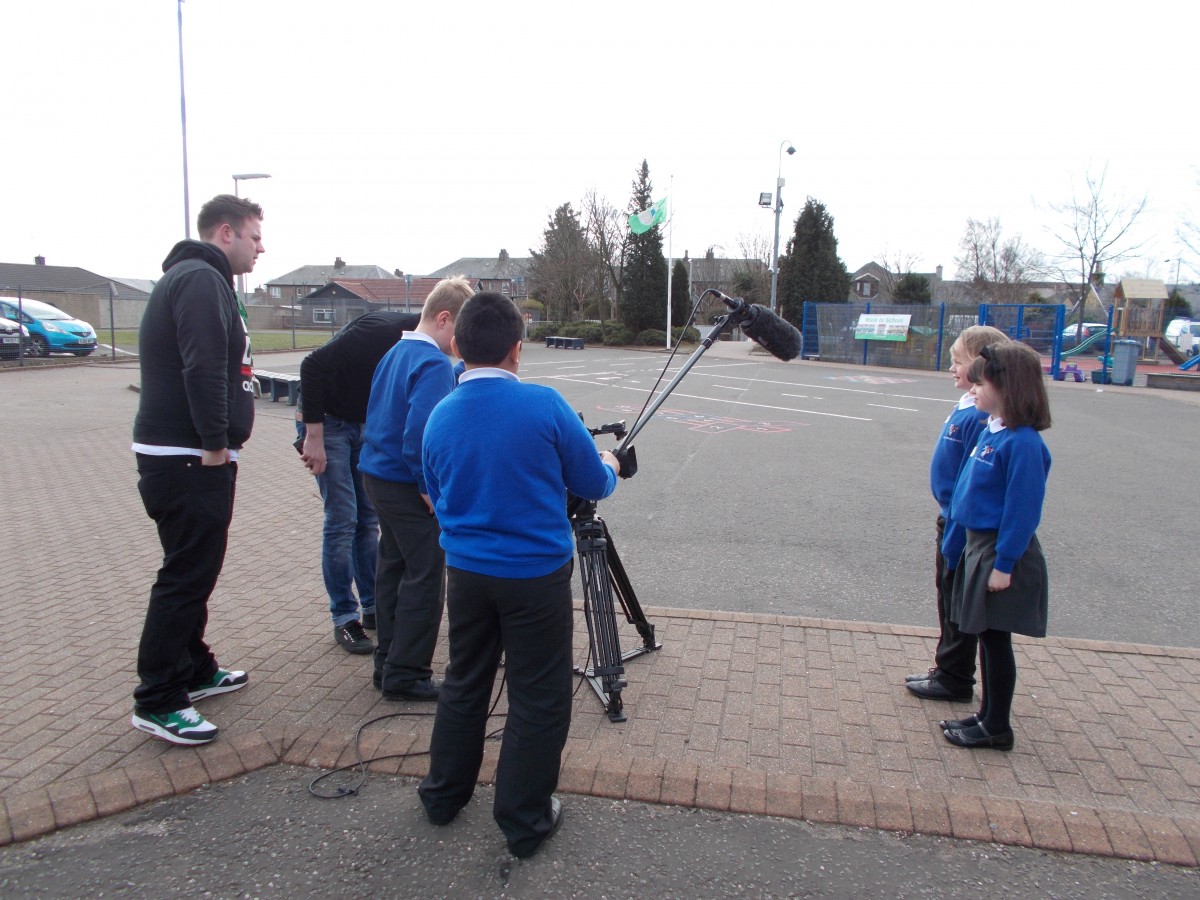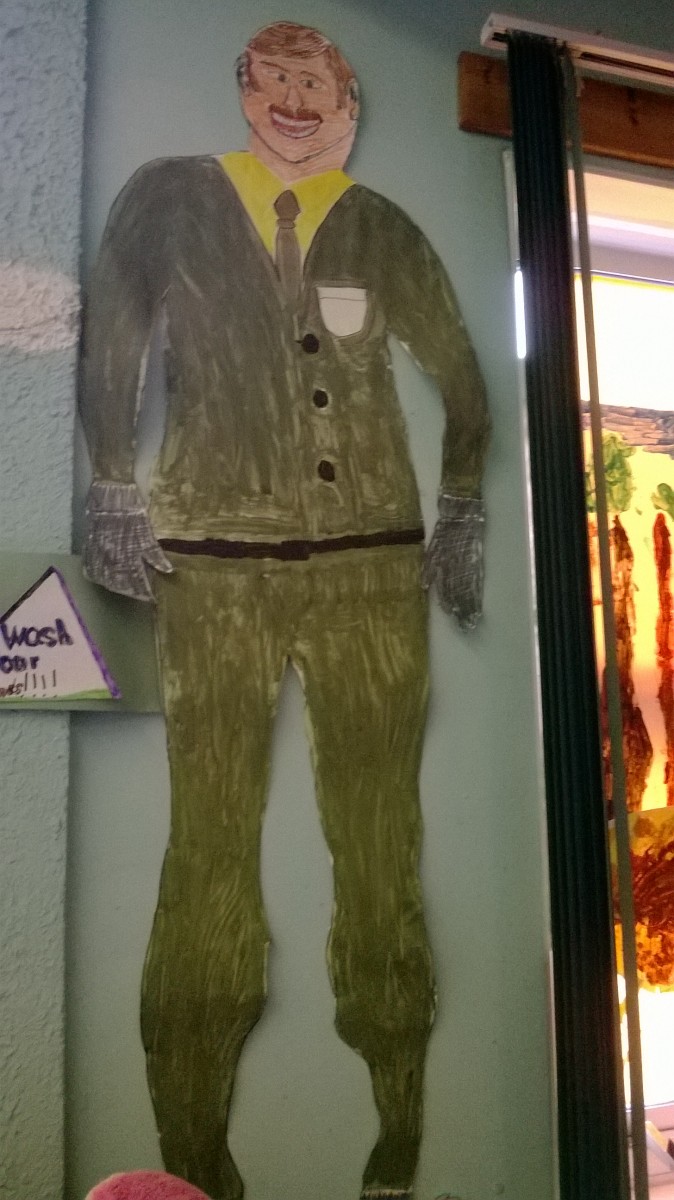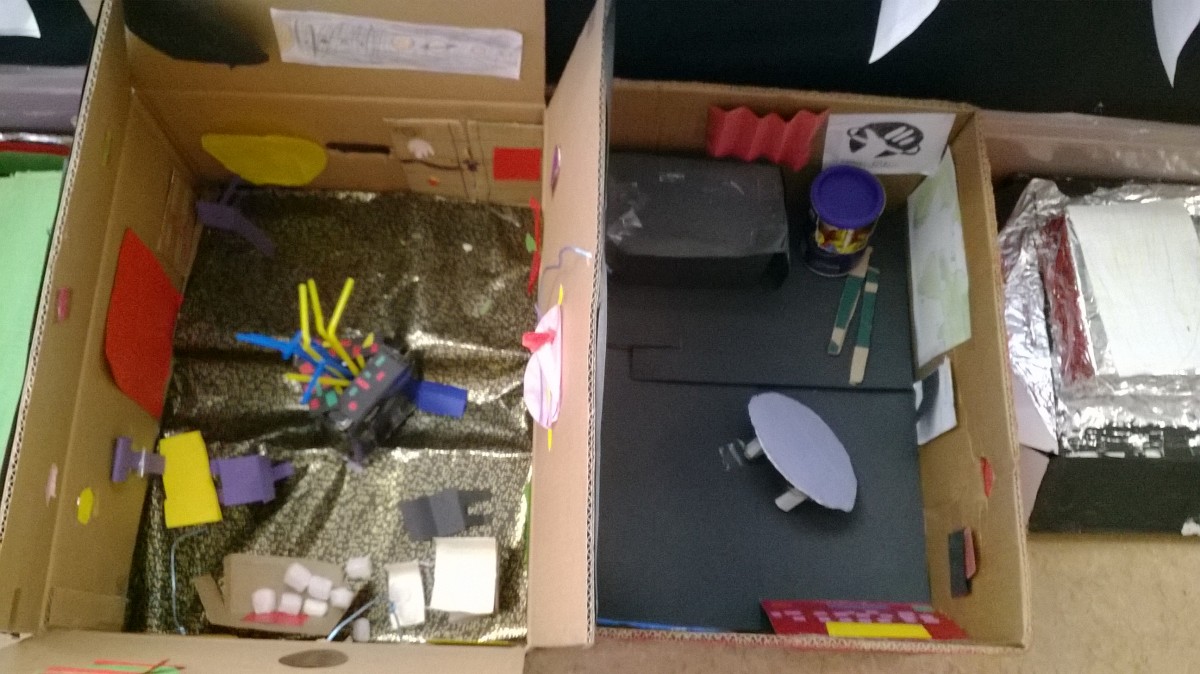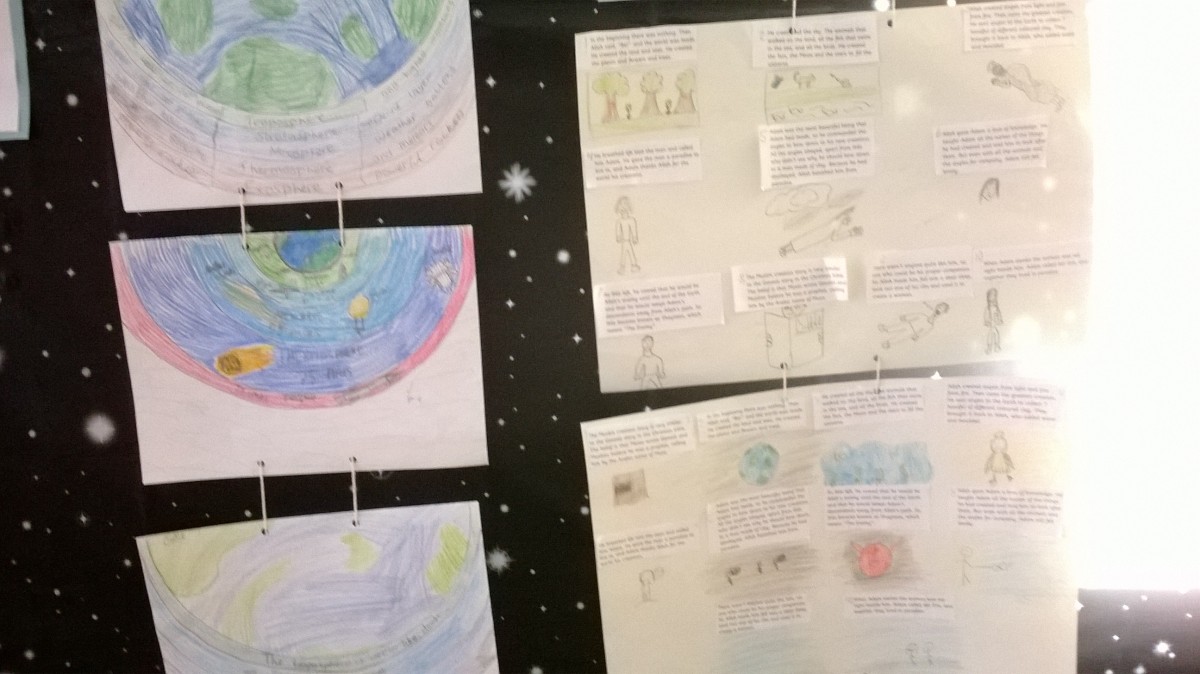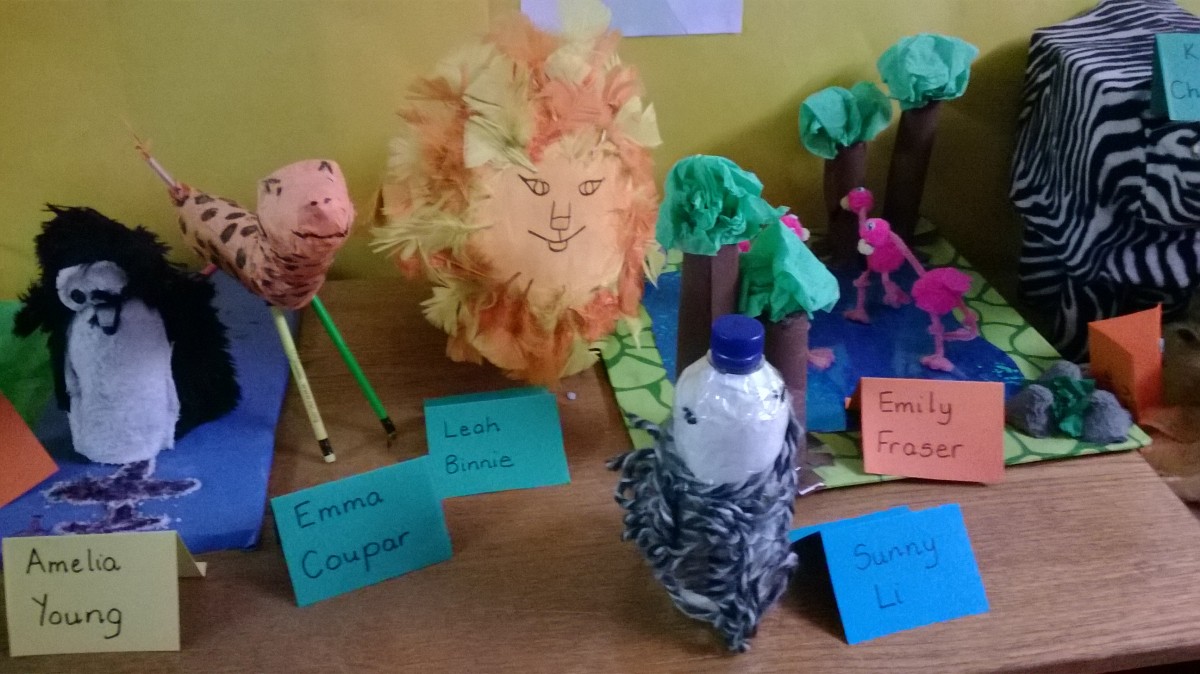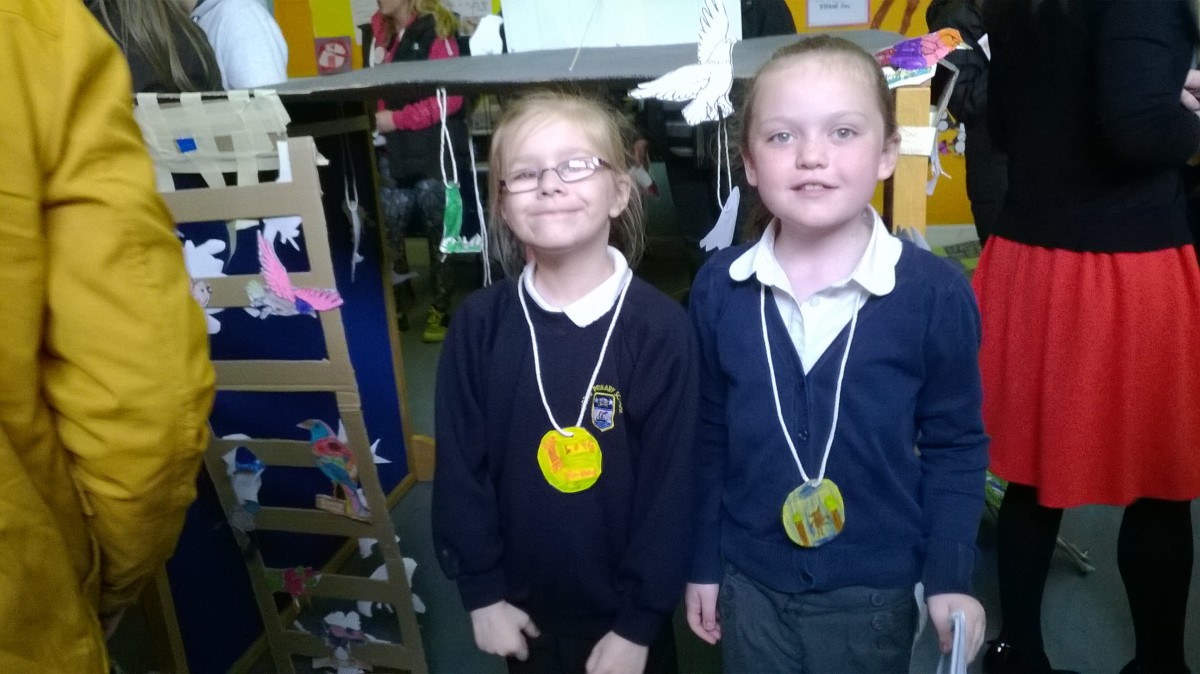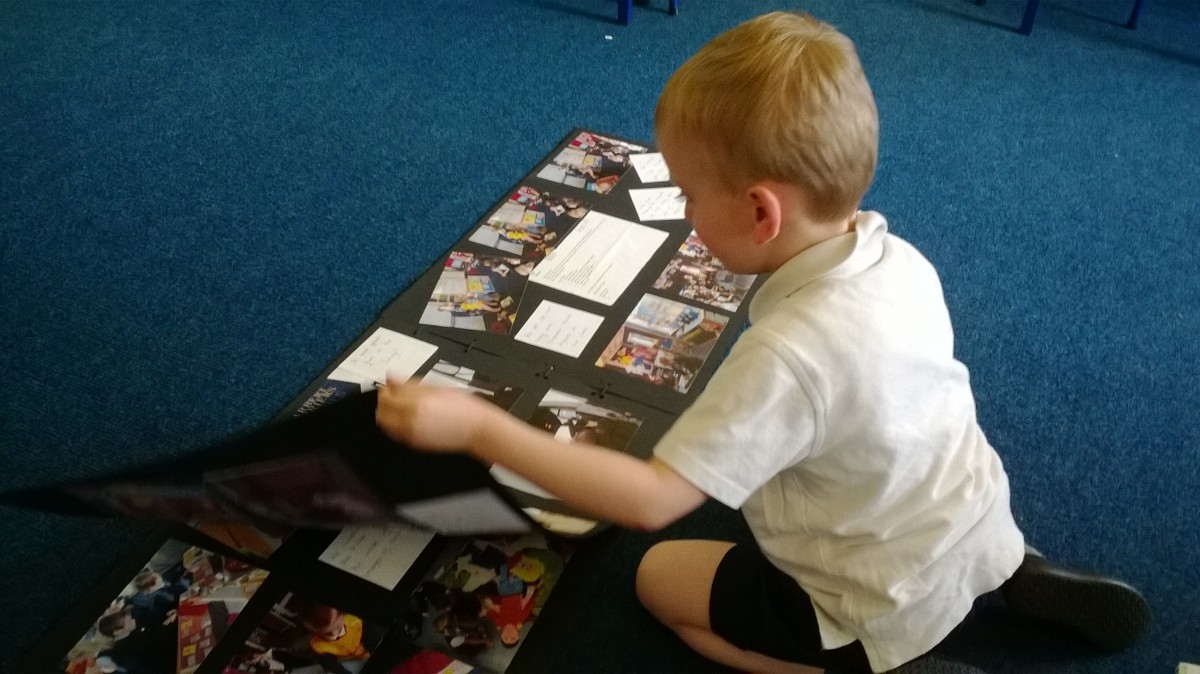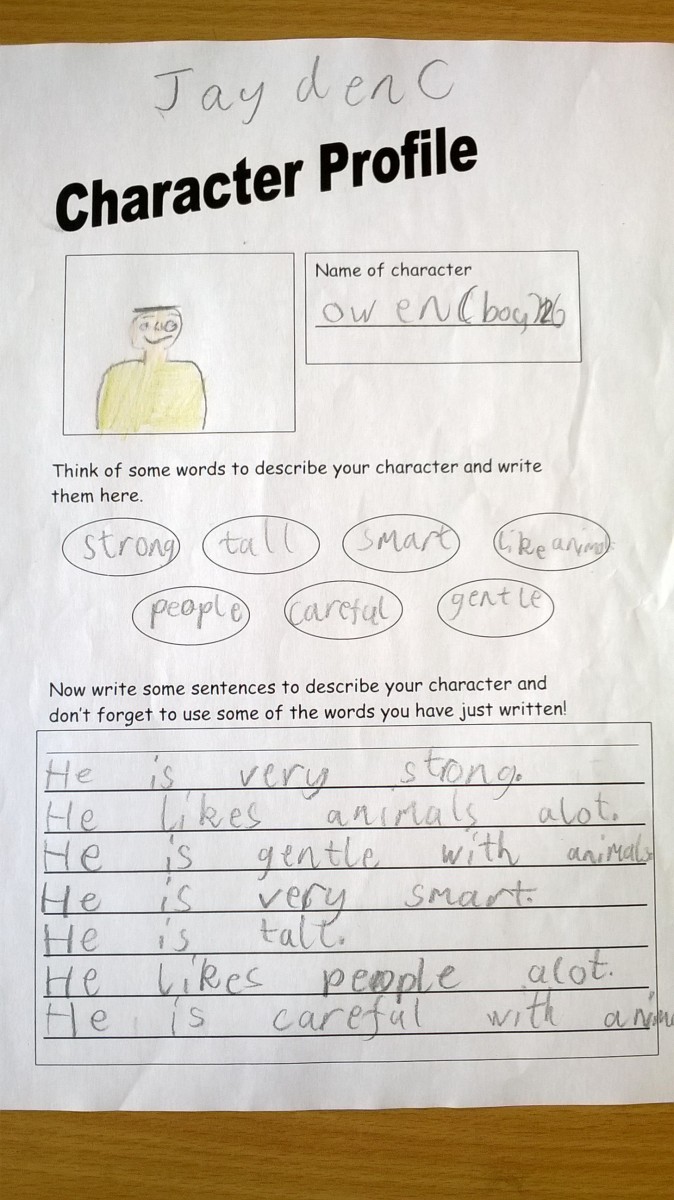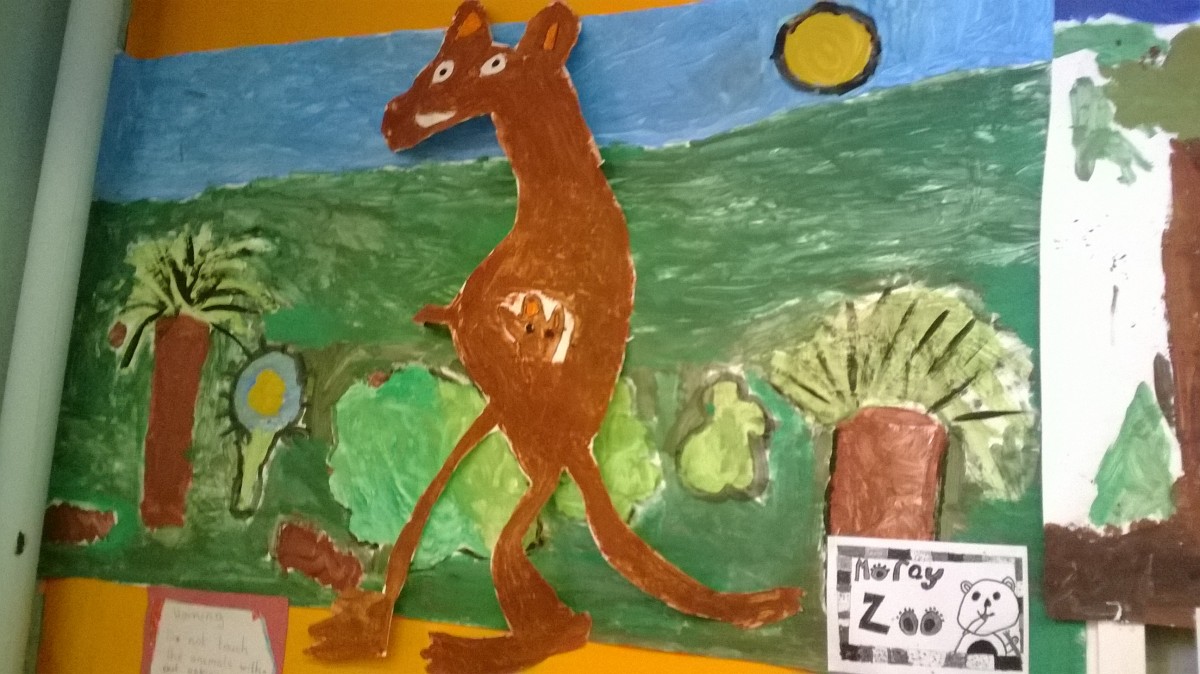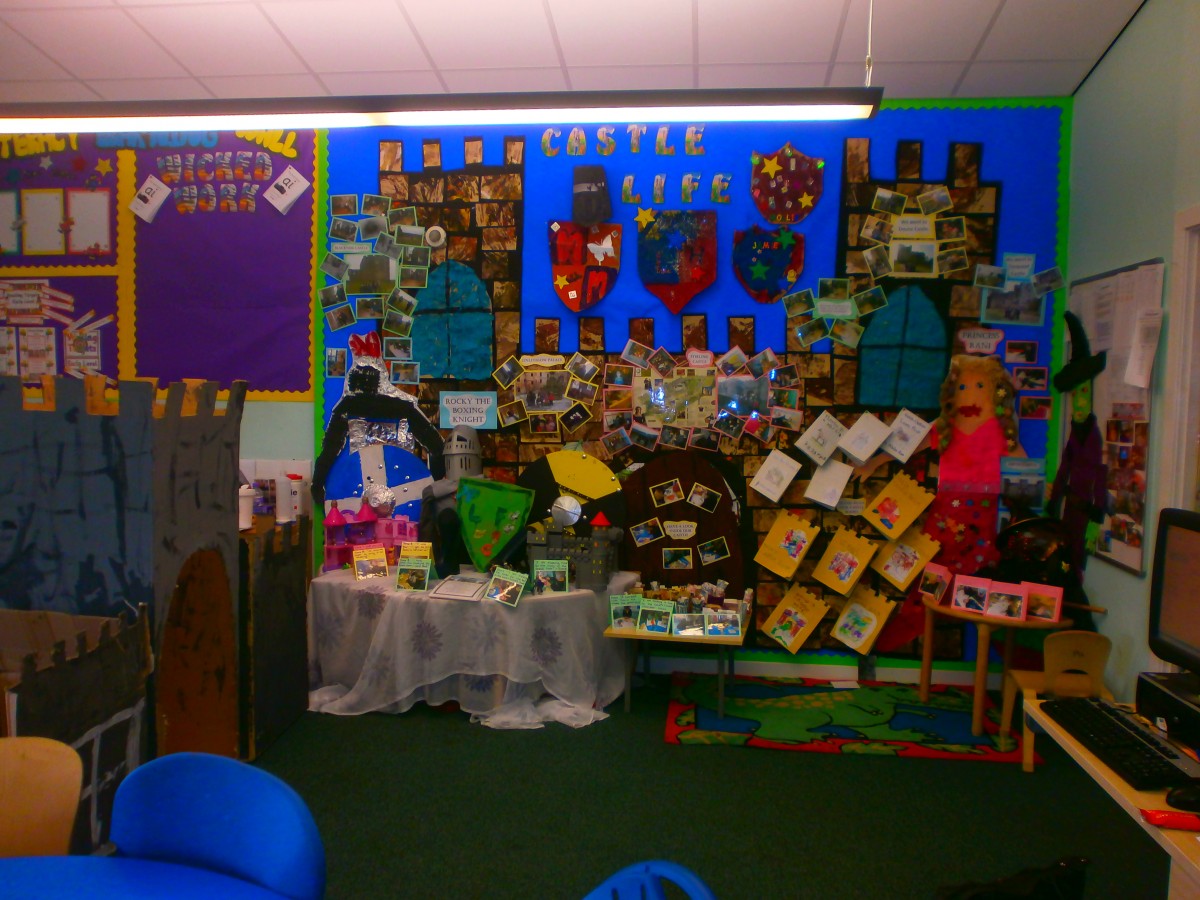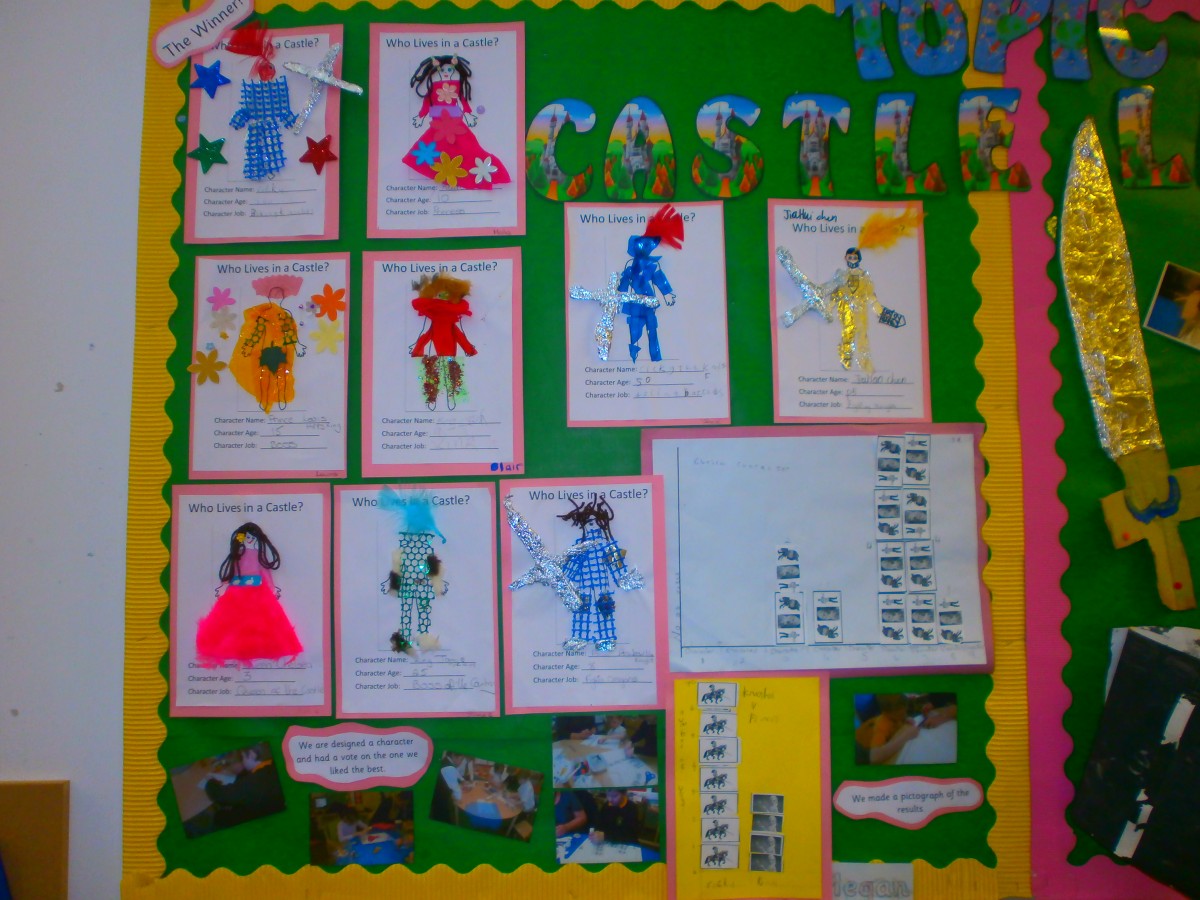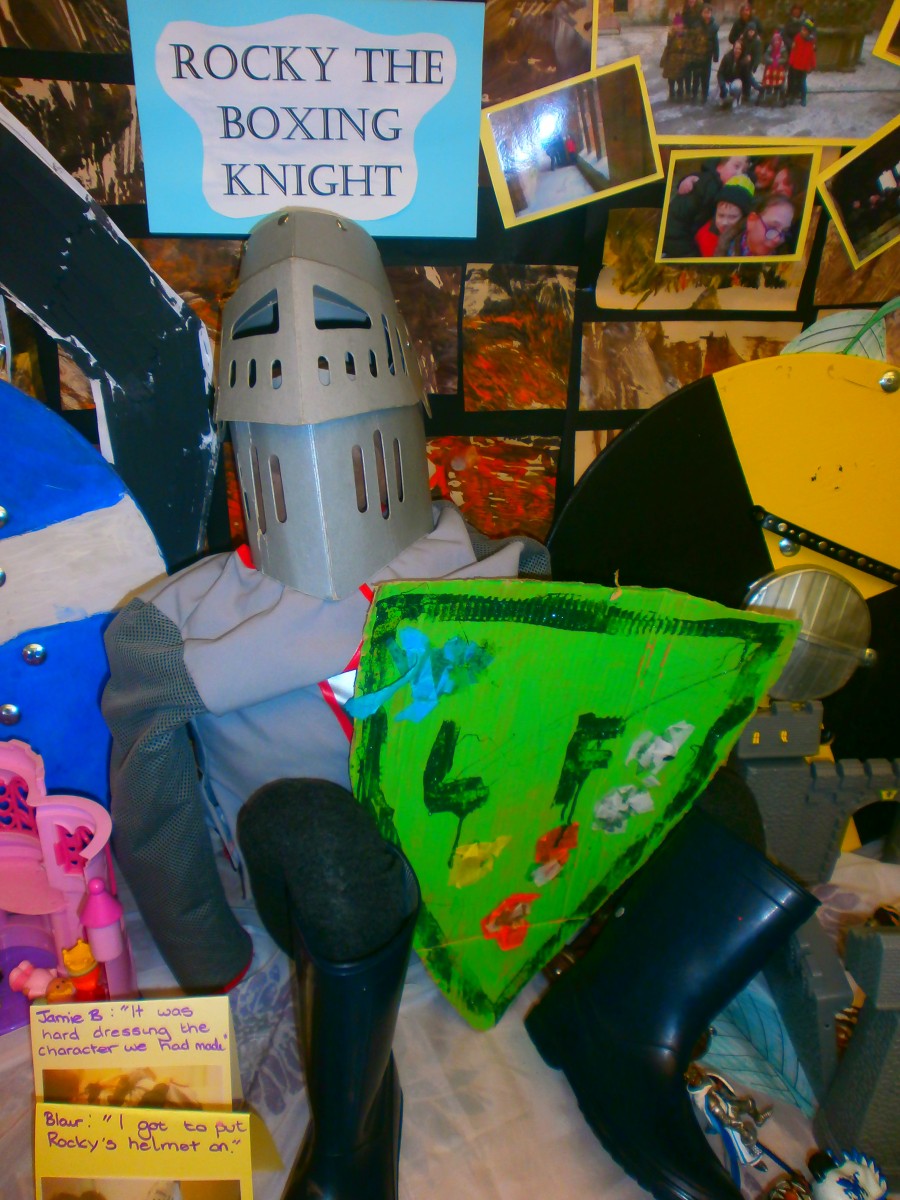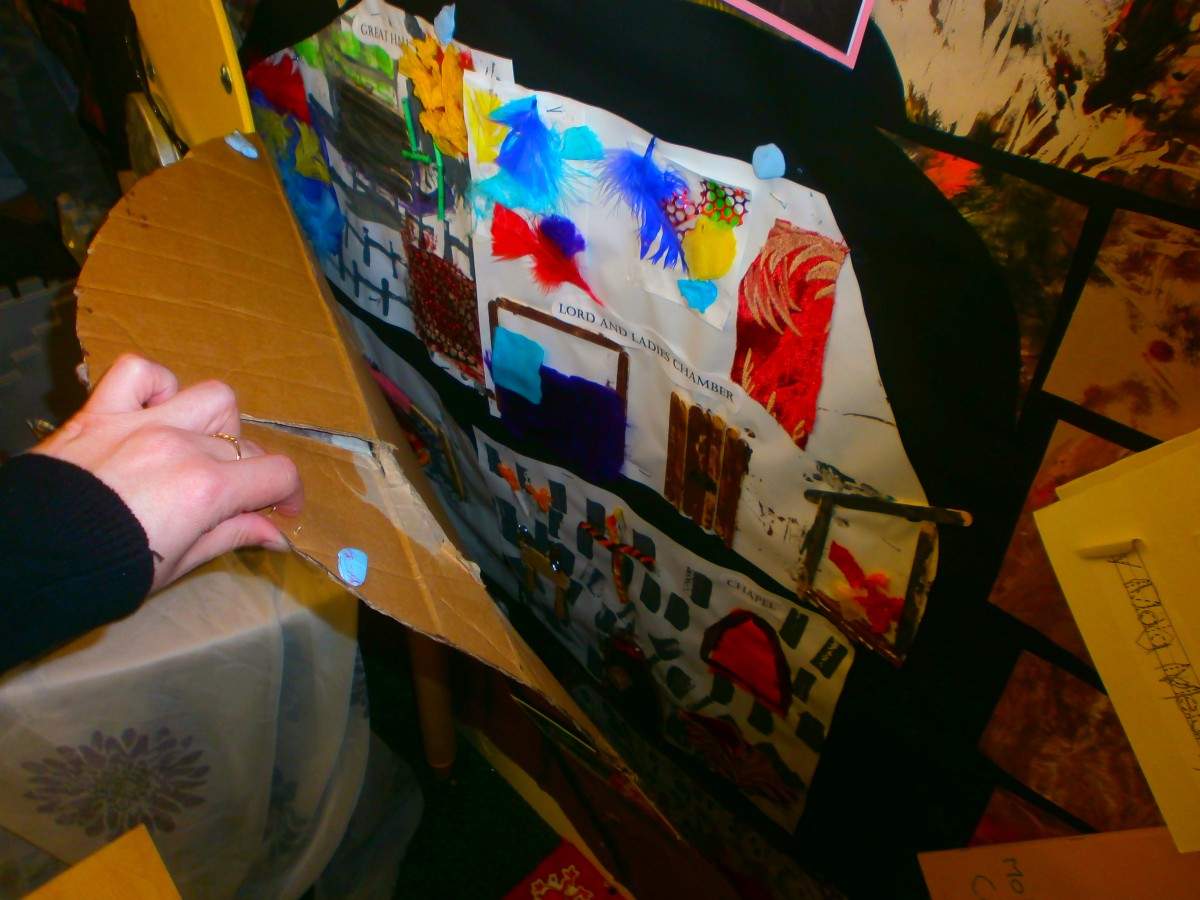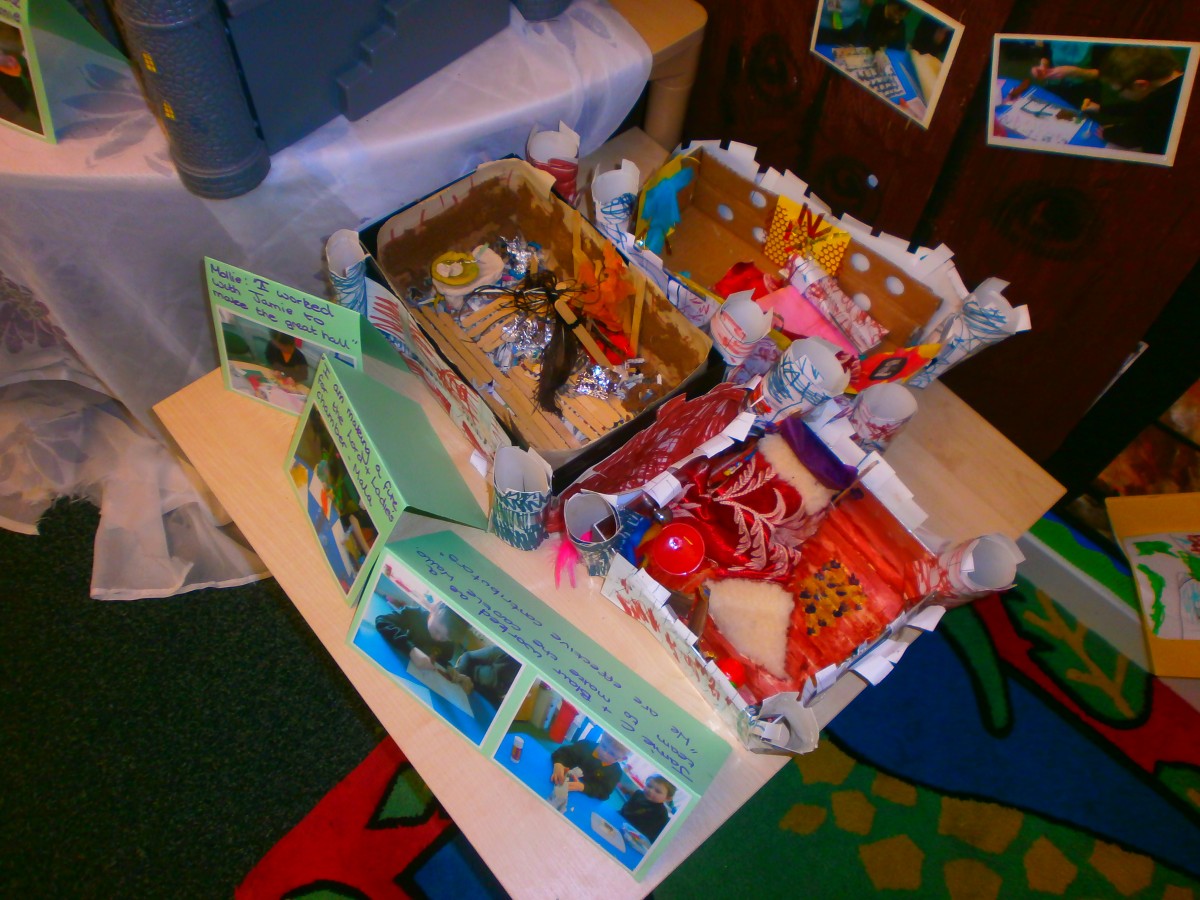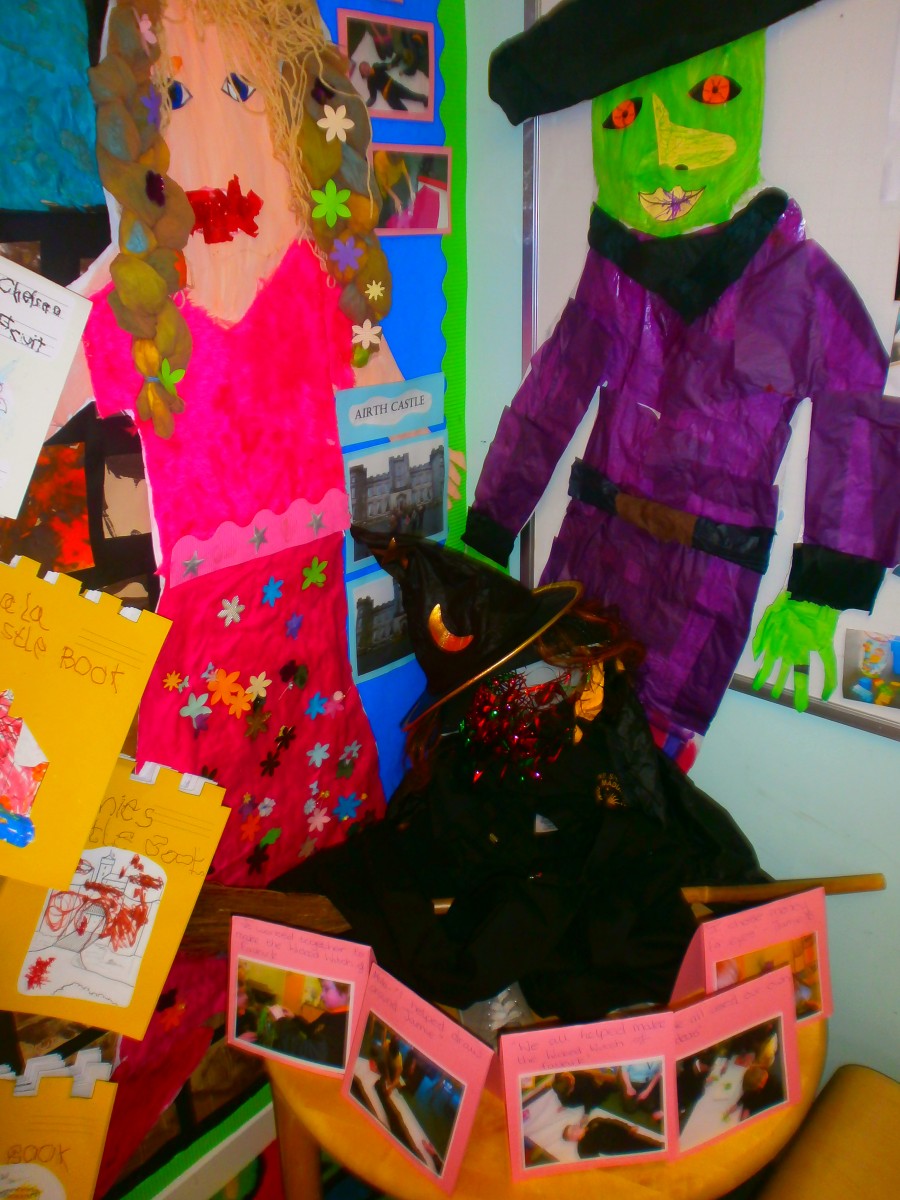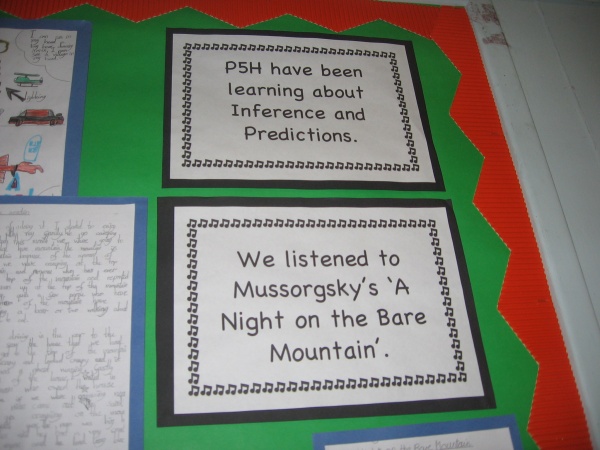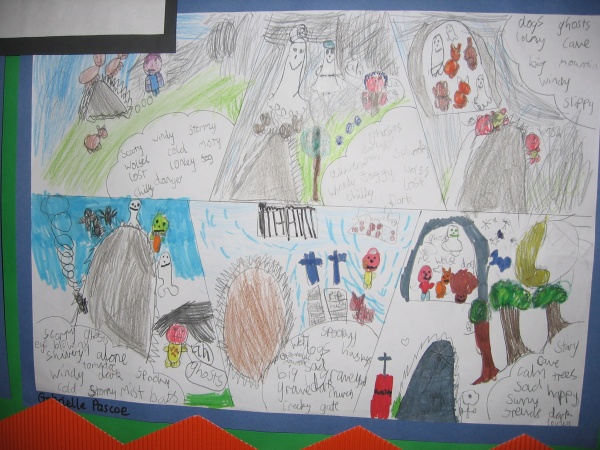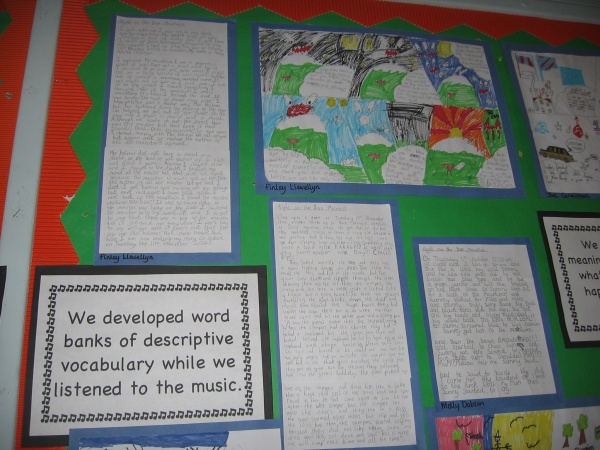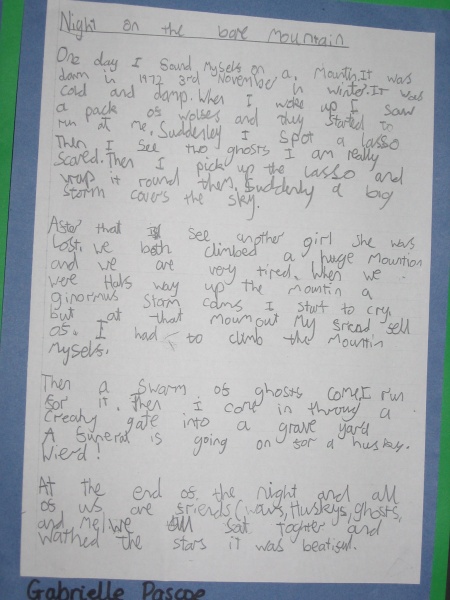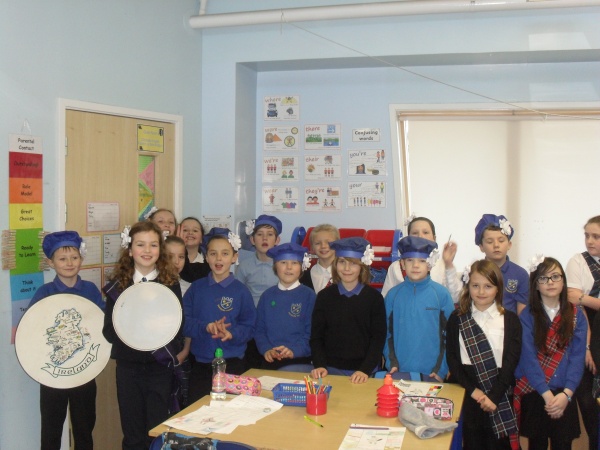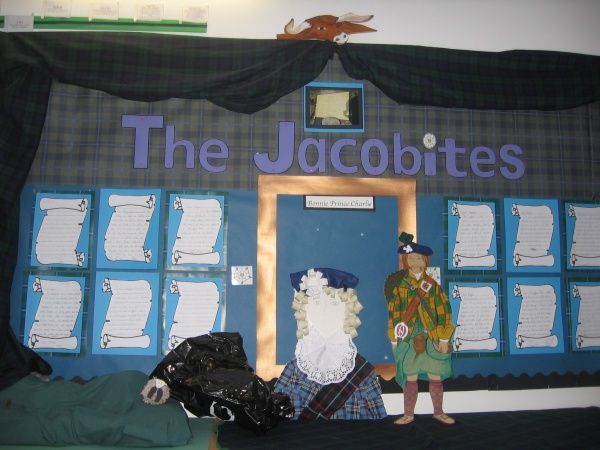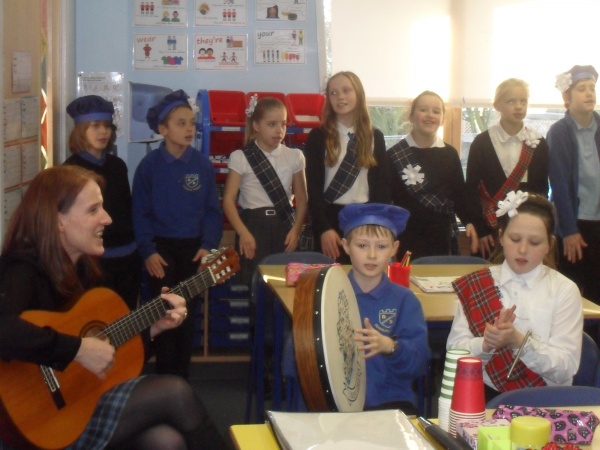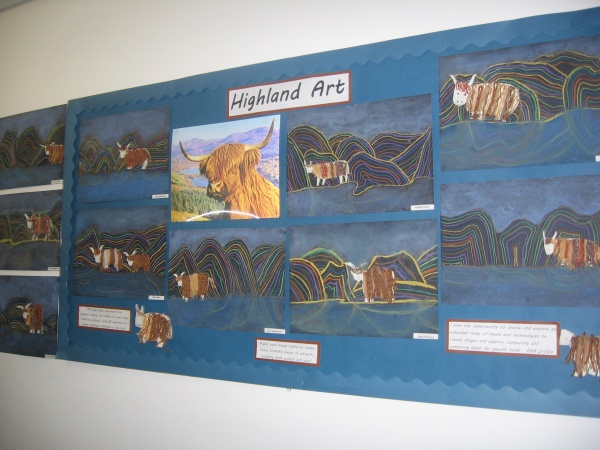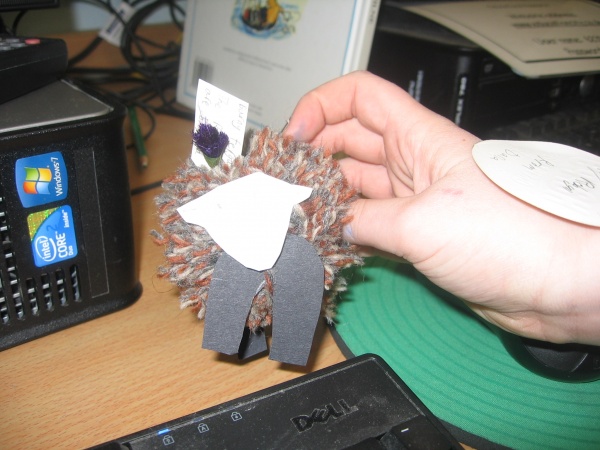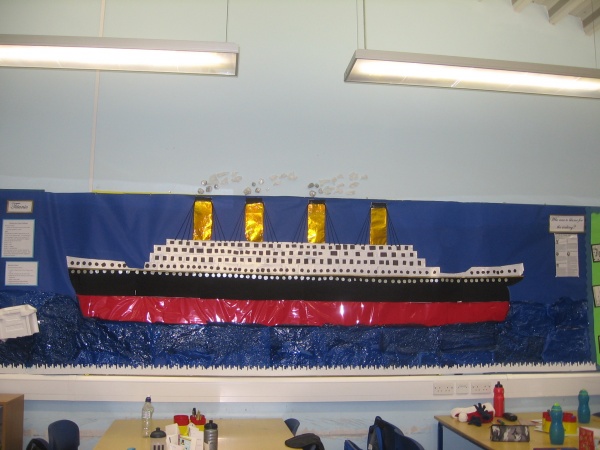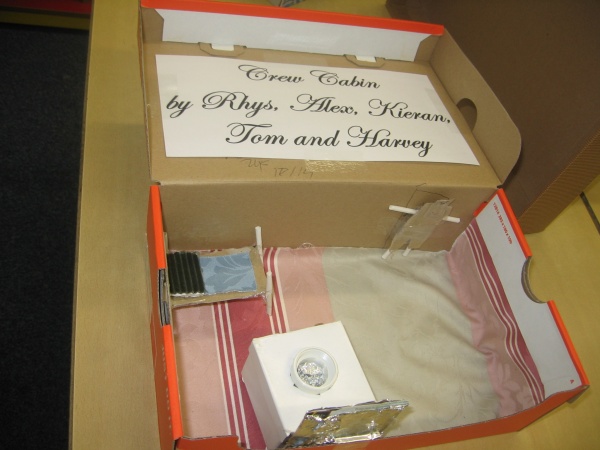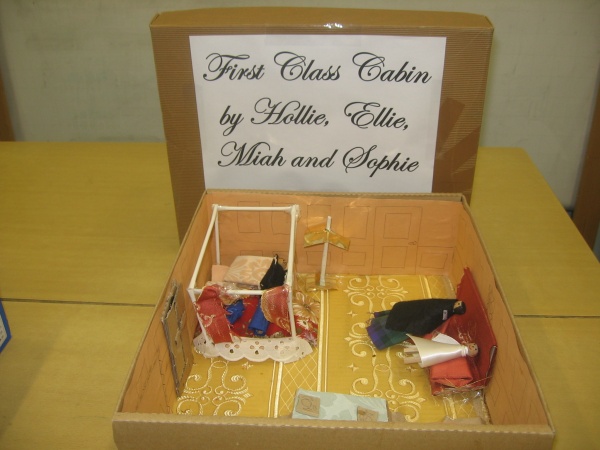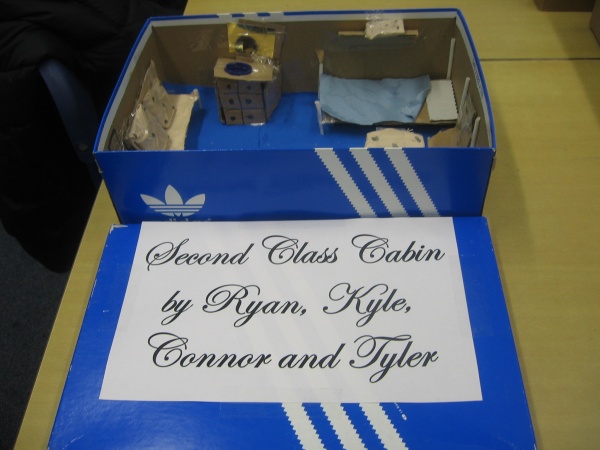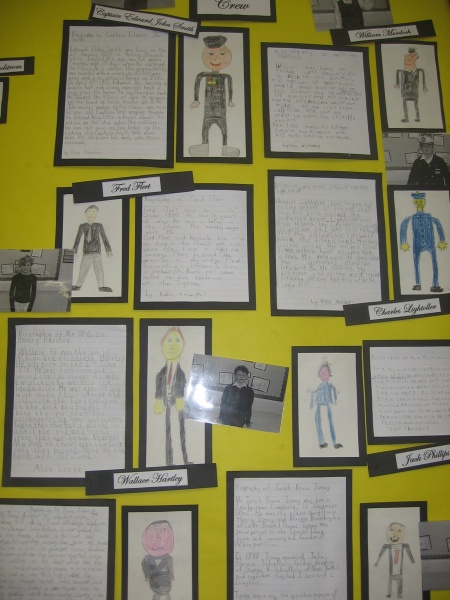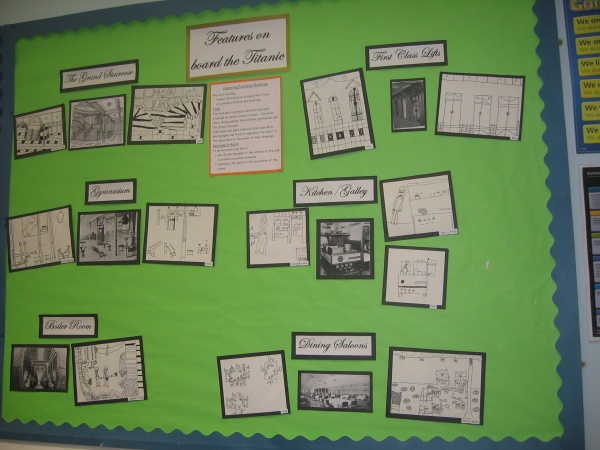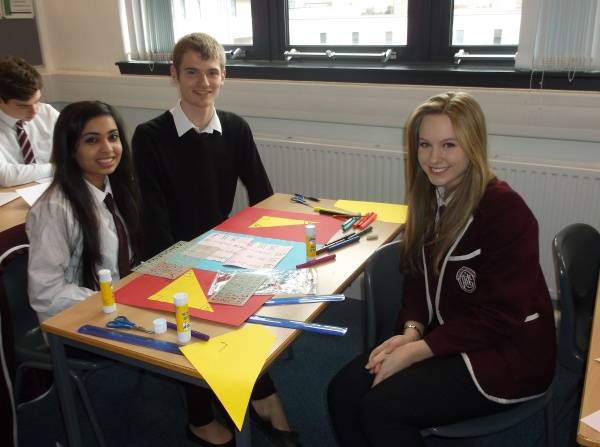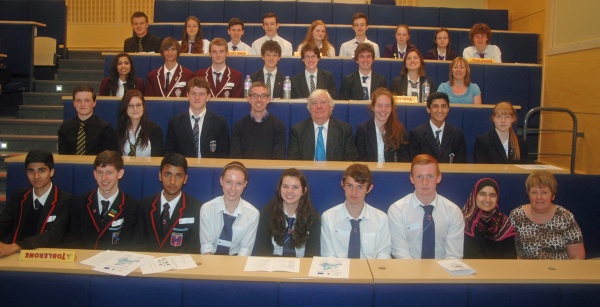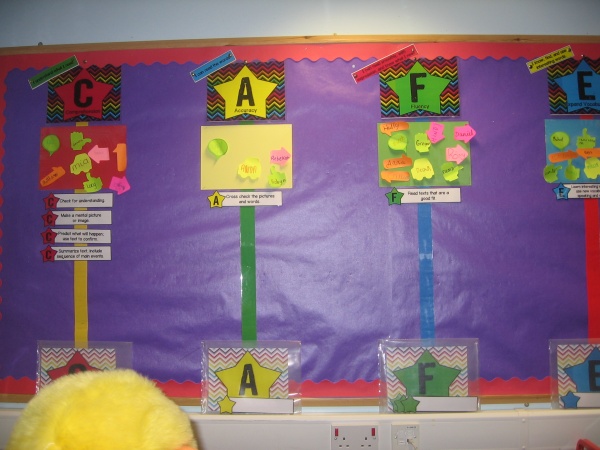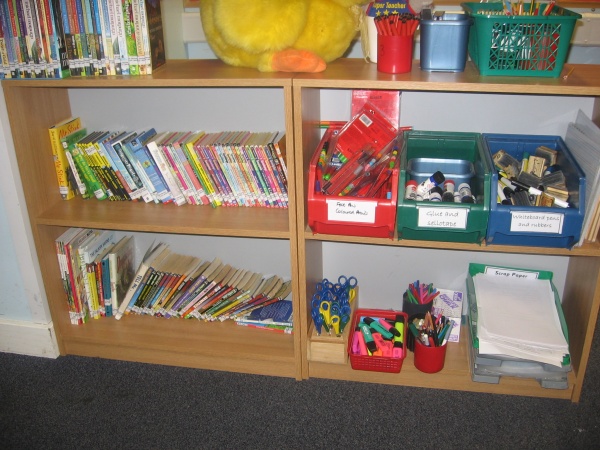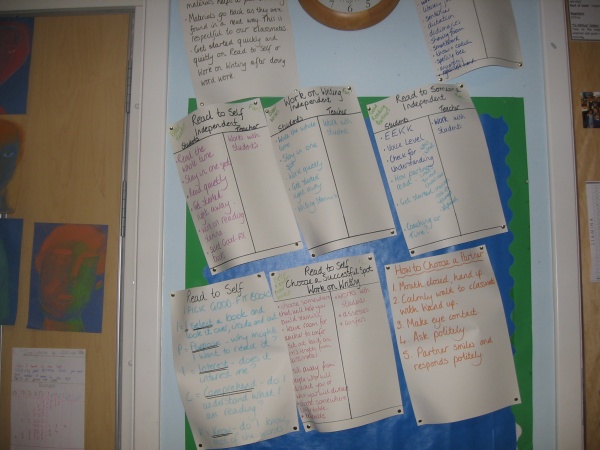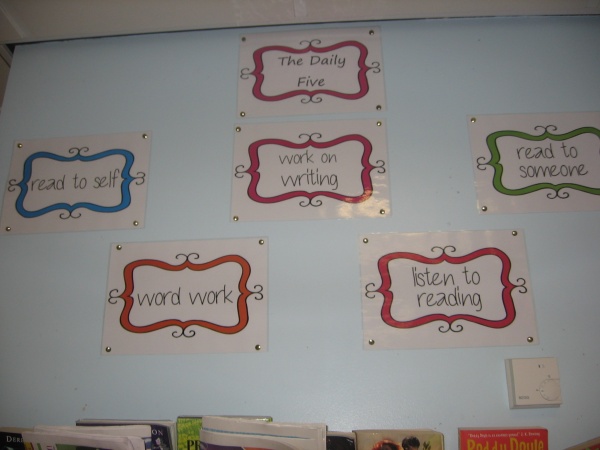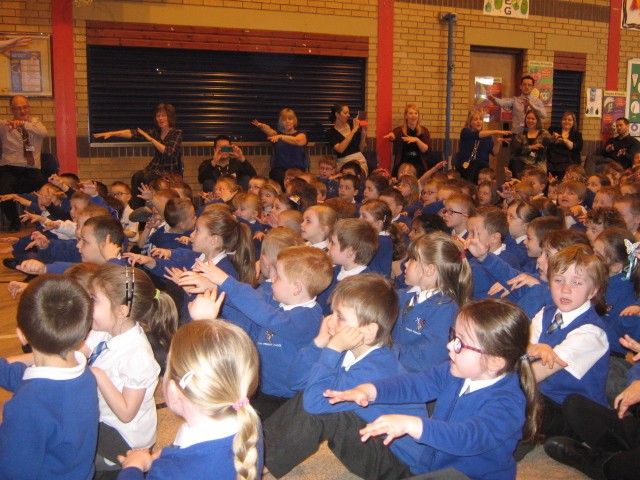 Catherine Cybulska, primary 5 teacher, and Susanne Bell, Youth Music Tutor, at Denny Primary School used the BBC 10 pieces project to truly enrich and link their curriculum for pupils. Primary 5 were among many Falkirk classes who attended the premier of 10 pieces at Falkirk Town Hall last autumn, but went on to become one of only 4 Scottish winners. Their “prize” was to host a Scottish Symphony Orchestra-led BBC 10 Pieces music takeover day which happened on 23rd March 2015. Mrs Cybulska and her pupils are also learning how to the play the violin from scratch and are enjoying their lessons from Mr Atkinson, their music tutor.
Catherine Cybulska, primary 5 teacher, and Susanne Bell, Youth Music Tutor, at Denny Primary School used the BBC 10 pieces project to truly enrich and link their curriculum for pupils. Primary 5 were among many Falkirk classes who attended the premier of 10 pieces at Falkirk Town Hall last autumn, but went on to become one of only 4 Scottish winners. Their “prize” was to host a Scottish Symphony Orchestra-led BBC 10 Pieces music takeover day which happened on 23rd March 2015. Mrs Cybulska and her pupils are also learning how to the play the violin from scratch and are enjoying their lessons from Mr Atkinson, their music tutor.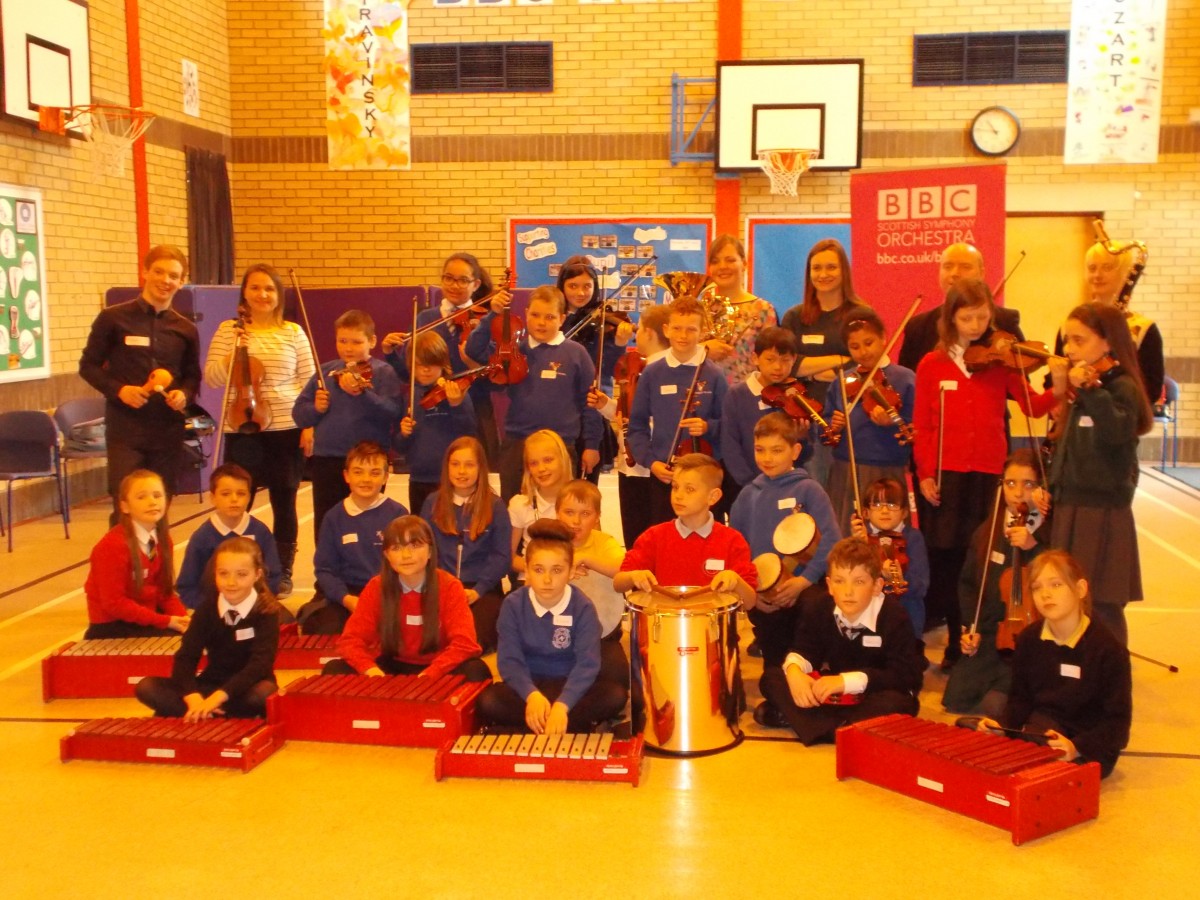
These musical experiences have naturally linked learning and skills development across the curriculum and made a very positive difference to the life and ethos of Denny PS. The SSO/BBC visit was a truly transformative experience for everyone involved. Pupils applied to take part in stop motion animation workshops linked to the pieces of music and got to work with a BBC film crew. Catherine said “There are no words to explain how good it was…just amazing…I would advise anybody to do it” The people in Denny PS also made an impact on BBC staff involved, who wrote a lovely thank you letter with the following extract “Denny is a truly wonderful school…staff/pupil interaction we witnessed were both humbling and inspiring”. 
Catherine and Susanne felt that BBC 10 pieces helped them bring CfE to life for pupils by linking their analysis, interpretation and evaluation skills across music, ICT, media studies and literacy. The project has also developed pupil confidence, motivation, enthusiasm and creativity and contributed to a more positive attitude towards learning which pervades the classroom and certainly extended across the school on the 10 pieces day. Pupils model the 4 capacities better in their contributions to all areas of learning, and in their increased attention to detail, behaviour and ability to persevere with tasks. Use this link to hear some of the primary 5 pupils being interviewed about their experience by Radio Scotland.
Catherine and Susanne have succeeded in involving others very effectively in the project in order to create a lasting legacy from the project. Click here to listen to the pupils’ composition, and here to read their song lyrics. The PR video P 5 made to inform other classes about the upcoming takeover day can be viewed by clicking here. The photos below show one of the banners each class made to interpret one of the pieces of music. P5 invited 2 pupils from each of the other cluster schools to join in on the day. Look out for 10 Pieces 2 which will begin in session 2015-16 for primary 7 – S2 classes.
